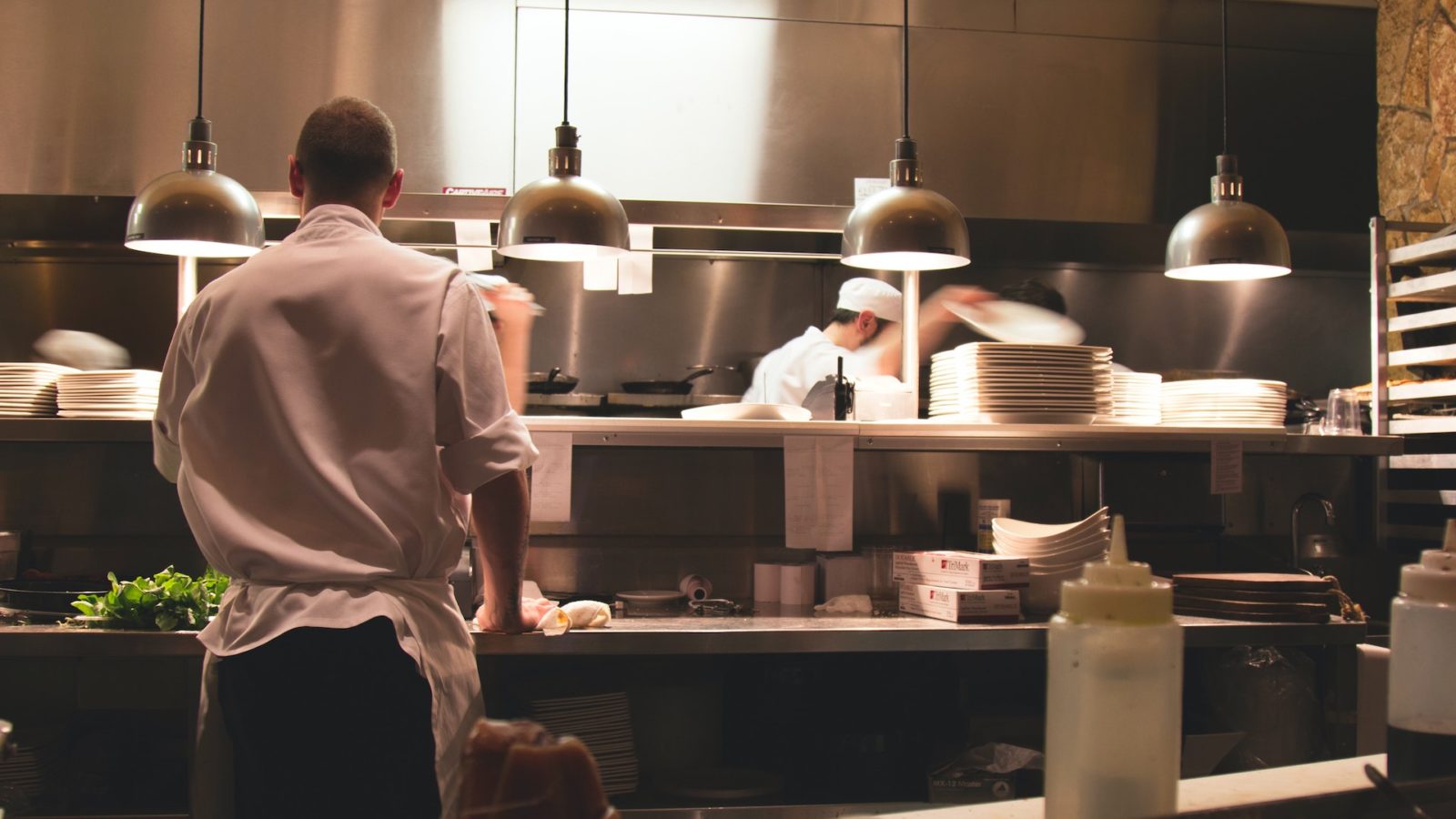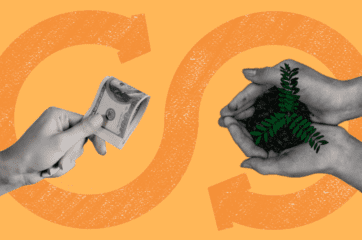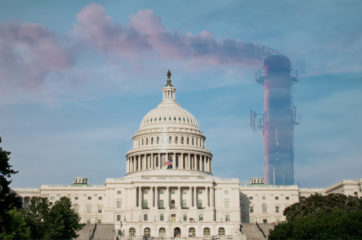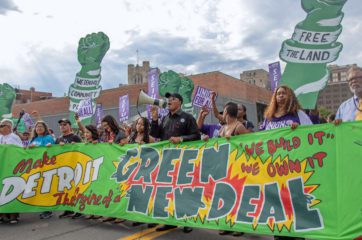This article was submitted by a member of our State Climate Policy Network (SCPN) — a rapidly-growing program within the organization that includes more than 16,000 advocates and policymakers across the country who are pushing for effective and equitable climate policies in their states. The views, thoughts, and opinions expressed in this article do not necessarily reflect those of Climate XChange.
Interested in submitting an article to be posted on our website?
Author: Michael Hoffmann
Most of us are fortunate to be able to go to a restaurant and order dinner from a long list of choices on the menu. There are delectable beverages to wet the appetite, salads aplenty, main courses and sides, and dessert and coffee options.
However, climate change is affecting the foods we love and need in subtle and sometimes ominous ways, and it all starts with a plant — the basis of life. That is what Our Changing Menu: Climate Change and The Food We Love and Need is all about. Whether it’s a tomato vine, giant redwood, or apple tree, a plant needs water, the right temperature, soil, air, and sunlight to flourish and grow. However, all of those are changing, except sunlight.
As the climate continues to change, some regions of the world will have adequate water and others far from it, thus reducing crop production. In the northeast U.S., downpours are increasingly washing away soil and nutrients. It’s also getting warmer, with some surprising twists. Nights are warming faster than days and cold months are warming twice as fast as warm months. These changes have dramatic effects on crop yields. There is also a lot more carbon dioxide in the atmosphere and it’s still climbing. This can actually increase yields, but any gain is expected to be offset by more extreme weather. Weeds will likely get harder to control and the nutritional quality of major crops will decline, to mention just a few changes described in Our Changing Menu.
What’s changing on the menu? Let’s start with the grapes used to make one of our favorite beverages — wine. Warmer conditions can result in higher sugar levels, different aromatic compounds, and lower acidity levels, all of which can affect the quality of the wine. Moving on to salads, lettuce may become more tasty in a couple of decades while California will produce 40 percent fewer avocados because it’s getting too hot. Instead of your favorite fish as the main dish, in future years you may see far more octopus and squid on the menu, since they do better in the warming oceans. The meat on your plate may be meatless or even cultured from scratch. And your side dish— a spud — may be shorter because it’s too hot and dry. Finally, that chocolate cake for dessert will likely be pricier because the supply of cacao from Western Africa has dried up. Everything on the menu is changing, but despite the enormity of the challenge, there is hope.
Our Changing Menu describes how scientists around the world are developing crops that are more resilient to a changing climate. For example, scientists in England are partnering with colleagues in Costa Rica to help develop more resilient cacao plants. Researchers with the USDA’s Agricultural Research Service are finding ways to help farmers adapt to the new conditions and minimize their contributions to climate change. Our universities are deeply involved as well, in many cases working directly with farmers to find practical solutions to the ever-increasing challenges posed by climate change.
Farmers are adopting climate smart practices that maintain the health of the soil and improve water management, as well as pests. To ensure that they still have an income even if some crops are lost due to severe weather, farmers are using computer programs to help optimize crop production and are diversifying their crops where feasible. Finally, they are using less energy and producing much more renewable energy than in the past. There is a long way to go, but progress is being made by the stewards of the land.
The authors of Our Changing Menu close with guidance for all of us — what we can do. This includes becoming better informed about the science of climate change, the impacts it has on agriculture, and how to talk about it. Shifting to a more plant-based diet is also very helpful along with reducing food waste. But the solution isn’t only about food. Do we all need to fly, drive, heat, cool, and consume so much? We each need to assess our entire carbon footprint.
Finally, Our Changing Menu encourages us all to get involved. Engage policymakers, raise our voices, be an activist, and be courageous. If we join forces — consumers, farmers, chefs, restaurateurs, retailers, and many others — it could be transformative.
Mike Hoffmann dedicates all of his time to the grand challenge of climate change and helps people understand and appreciate what is happening through the foods we all love and need. Melting glaciers are bad enough, but the loss of coffee is downright terrifying – this keeps him going. It’s a science-based message about what is happening and what we all can do about it. He has published climate change articles in the popular press – The Hill, Fortune, and USA Today and is lead author of Our changing menu: Climate change and the foods we love and need (Cornell Press 2021). His TEDx Talk – Climate change: It’s time to raise our voices has been well received. Mike’s life’s experiences include growing up on a one-cow dairy farm, serving in the Marines during the Vietnam War, being a father, and many years in leadership roles at Cornell University including Executive Director of the Cornell Institute for Climate Change Solutions, Director of the Cornell University Agricultural Experiment Station, associate dean of the College of Agriculture and Life Sciences, associate director of Cornell Cooperative Extension, and director of the New York State Integrated Pest Management Program. He now holds the title of Professor Emeritus. He received his BS Degree from the University Wisconsin, MS from the University of Arizona, and PhD from the University of California, Davis. He will tell the climate change story, until he can no longer.









